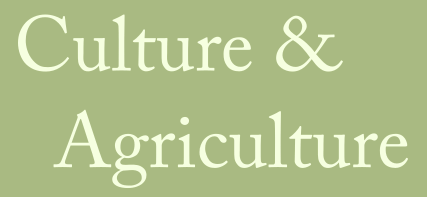ALTERNATIVES FOR RESISTANCE IN BRAZIL IN THE FACE OF A RESURGENT FAR RIGHT
The biggest news from this past week is perhaps Jair Bolsonaro’s election victory in Brazil. The New York Times takes a look at the impact his victory might have on the Amazon. In sum, it’s not good. Leaders in Brazil’s Movimento dos Trabalhadores Sem Terra (Landless Workers’ Movement) explore the possibilities of resistance in the face of what looks to be a more repressive regime under Bolsonaro (Friends of MST).
Some other news items from the past month:
A California judge rejected Monsanto’s appeal to overturn a ruling in favor of Dewayne “Lee” Johnson, but reduced the damages from $250 million to $39 million (The Guardian).
As we approach Thanksgiving, prepare for more attention on the unique farming techniques involved in the cranberry harvest (NY Times).
The Guardian published a long read on the devestating impact soybean farming for animal feed has had on Argentina’s forests: “Only a few years ago, this stretch of land in Argentina’s northern province of Salta was still forest – home to the Wichí people, and part of the gigantic Gran Chaco forest that spreads across northern Argentina and its neighbouring countries Bolivia, Paraguay and Brazil. Second only to the Amazon in South America for its size and biodiversity, the Gran Chaco covers 250,000 sq miles of dry forest, which is being cut down faster than scientists can study it.”
The UN voted to recognize the human rights of rural peoples (GlacierHub. The article includes numerous quotes from anthropologists, including this summary by Marc Edelman, a professor of anthropology at Hunter College and the CUNY Graduate Center: “One of the arguments that peasant activists frequently assert is that having ‘all’ the rights in one place — that is, in one instrument — will make it easier to defend those rights, in national courts and in mass mobilizations. The multiple assaults on rural livelihoods from agribusiness and mining corporations, from repressive governments, and from globalized markets have made it clear that peasants and other rural people constitute a vulnerable group, in the sense that ‘vulnerable’ is applied in international law to indigenous peoples, women, children, the disabled, and others. The Peasants’ Rights Declaration is intended to recognize this and to provide some measure of protection.”
The Smithsonian Magazine has a history of milk safety laws and the early use of formaldehyde(!) to preserve milk: “In the meantime, Hurty had become an enthusiastic supporter of pasteurization, which he recognized as both safer and cleaner. When a reporter asked him if he really thought formaldehyde had been all that bad for infants, he replied with his usual directness: ‘Well, it’s embalming fluid that you are adding to milk. I guess it’s all right if you want to embalm the baby.'”
The Guardian reports on lending discrimination toward black farmers in the United States, forcing many to close their farms: “June Provost’s exit from farming follows that of many black farmers in surrounding parishes. US census of agriculture statistics show a 44.7% decrease in black farm operators in Iberia parish – where the Provosts live – between 2007 and 2012, compared with a 12.3% decrease in white farm operators. In neighboring Vermillion parish, where June farmed the majority of his sugarcane, black farm operators decreased by 17% between 2002 and 2012, while white farmers increased by 6%. Nationally, less than 2% of farmers are black.”
If you have suggestions for news items you would like to see included in the Weekly Gleanings series or feedback, please email me at gkohler [at] uci [dot] edu.
(Photo credit: Sam Beebe)

